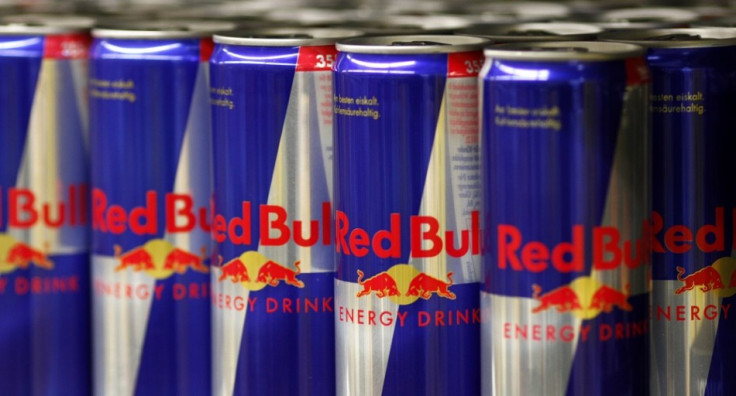Teenagers with brain injuries seven times more like to drink energy drinks post-accident

Teens who have experienced a traumatic brain injury (TBI) are seven times more likely to have consumed at least five energy drinks within the last week, despite the fact that the drinks are known to hamper the rehabilitation process. The study, carried out by St Michael's Hospital, Canada, also showed that teenagers who had sustained a TBI within the past 12 months were at least twice as likely to have mixed alcohol with an energy drink within the past week.
Commenting on the subject, Dr Michael Cusimano, a neurosurgeon at St. Michael's Hospital, said: "We've found a link between increased brain injuries and the consumption of energy drinks or energy drinks mixed with alcohol. This is significant because energy drinks have previously been associated with general injuries, but not specifically with TBI."
However, he warns that although teens may believe that it can aid the recovery due to improving "alertness ... mood and enhanced mental and physical states", energy drinks actually hamper the rehabilitation. Cusimano confirmed: "Energy drinks, such Red Bull and Rockstar, contain high levels of caffeine and change the chemical state of the body, which can prevent people from getting back on track after a TBI. Brain injuries among adolescents are particularly concerning because their brains are still developing."
"It is particularly concerning to see that teens who report a recent TBI are also twice as likely to report consuming energy drinks mixed with alcohol," said Dr Robert Mann, senior scientist at the Centre for Addiction and Mental Health in Toronto and director of the Ontario Student Drug Use and Health Survey (OSDUHS). "While we cannot say this link is causal, it's a behaviour that could cause further injury and so we should be looking at this relationship closely in future research."
The data was collected by the Centre for Addiction and Mental Health's 2013 OSDUHS, comprising around 10,000 participants aged between 11 and 20. TBI was defined as an injury resulting in the loss of consciousness for at least five minutes. 22% of surveyees said they had suffered from a TBI.
© Copyright IBTimes 2025. All rights reserved.






















